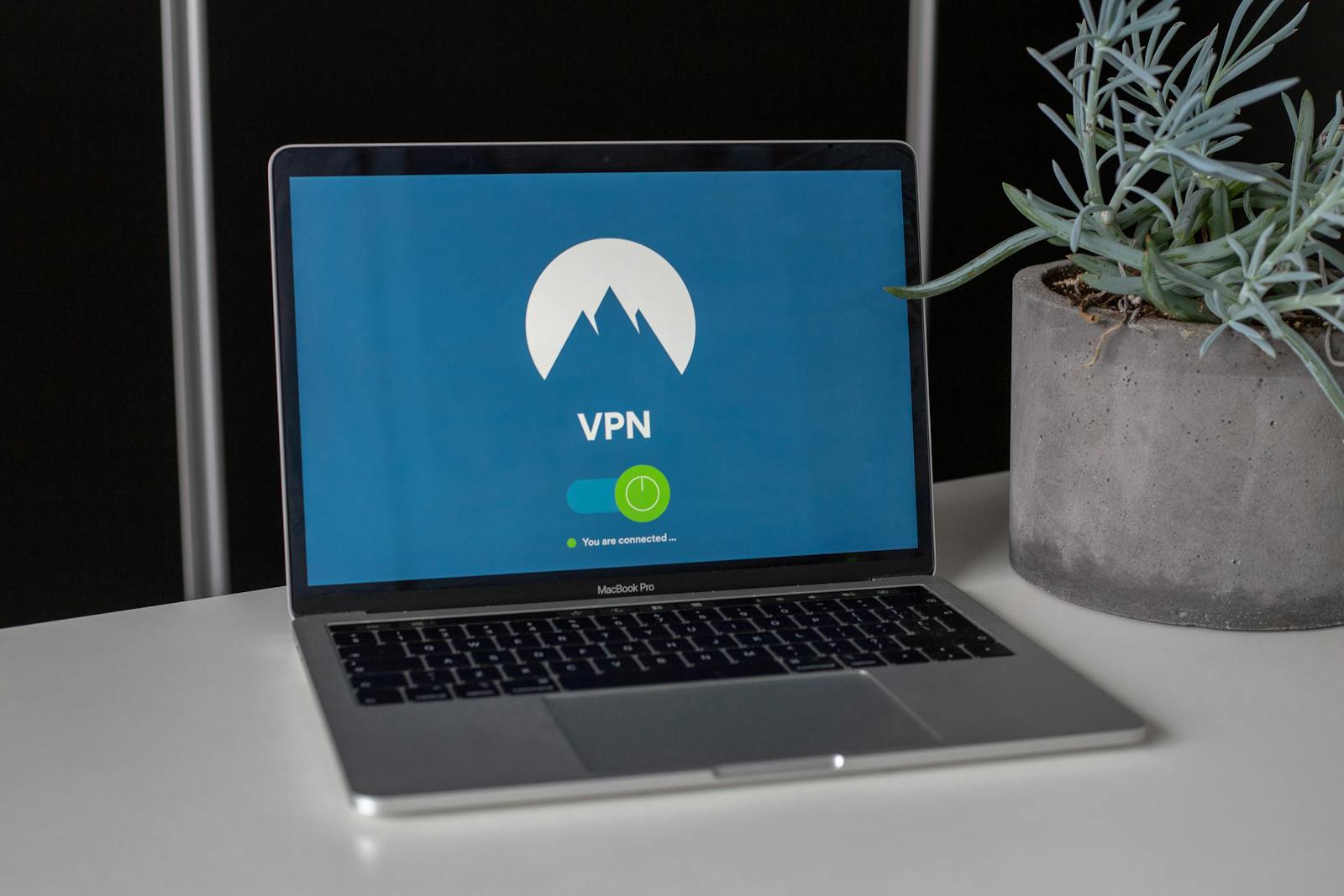A VPN creates a secure, encrypted tunnel between your device and the internet. This encryption helps to shield your browsing activity, personal data, and location from hackers, internet service providers (ISPs), and government surveillance. When connected to a VPN, your traffic is routed through servers operated by the VPN provider, masking your real IP address and geographic location with those of the server.
Choosing the right VPN for privacy involves understanding the balance between security features, server locations, and performance needs. By prioritizing a no-logs policy, robust encryption, and a provider committed to transparency and security, you can significantly enhance your online privacy and security. Always remember that maintaining your digital privacy is an ongoing effort that extends beyond just using a VPN.
1. Privacy Policies: No-logging Is a Must
Privacy policies are the cornerstone of a privacy-conscious VPN. The best VPNs for privacy adhere to a strict no-logs policy. This means they do not store any data related to your online activities, including your browsing history, IP address, traffic destination, and DNS queries.
Key Tip: Always read the VPN’s privacy policy carefully. Look for language that specifies exactly what data is collected and how it is used. Be wary of vague terms and conditions that give the provider too much leeway.
2. Encryption Standards: The Stronger, the Better
Encryption is what keeps your data private and secure as it travels over the internet. Here are the encryption standards you should consider:
- AES-256 Encryption: Currently, AES-256 is the gold standard for data encryption. It is used by governments and security experts worldwide to protect sensitive information.
- Protocol Options: Look for VPNs that offer a range of protocols. OpenVPN and WireGuard are considered some of the most secure and efficient options available today.
Key Tip: Avoid older protocols like PPTP, which have known security vulnerabilities. Prioritize VPNs that default to or allow you to choose OpenVPN or WireGuard.
3. Server Locations: A Global Spread Increases Anonymity
The number and distribution of servers can significantly impact your VPN experience. A wide selection of server locations means you’re more likely to find a server near you (which can offer faster speeds) or in a specific country you wish to access content from.
Considerations for Server Locations:
- Avoiding “Five Eyes” Jurisdictions: If utmost privacy is your concern, consider using VPNs based outside the “Five Eyes” surveillance alliance countries (Australia, Canada, New Zealand, United Kingdom, and United States).
- Obfuscated Servers: These servers can hide the fact you’re using a VPN—useful in countries with strict VPN regulations like China and Russia.
4. IP/DNS Leak Protection and Kill Switch Features
Even with strong encryption, VPN connections can sometimes fail, exposing your real IP address. A reliable VPN should have built-in leak protection and a kill switch feature.
- IP/DNS Leak Protection: Ensures that all your internet traffic goes through the VPN’s encrypted tunnel.
- Kill Switch: Automatically disconnects your device from the internet if your VPN connection drops unexpectedly, preventing data leaks.
5. Speed and Reliability: Essential for Usability
Privacy doesn’t need to come at the expense of performance. Test the VPN’s speeds to ensure they meet your needs, especially if you plan on streaming, gaming, or downloading large files.
6. Transparency and Independent Audits
The most trustworthy VPN providers are transparent about their operations and participate in independent audits to verify their security and privacy claims.
Key Tip: Look for VPNs that have undergone recent security audits by reputable third-party companies and have published the results publicly.
7. Customer Support: Accessible and Knowledgeable
Good customer support is crucial, especially if you encounter issues or have questions about setting up and using the service. Look for providers that offer 24/7 live chat support.
8. Price and Value
While free VPNs might be tempting, they often compromise on security and privacy. A paid VPN doesn’t have to break the bank, though. Assess the features offered against the subscription price to determine the best value for your money.



